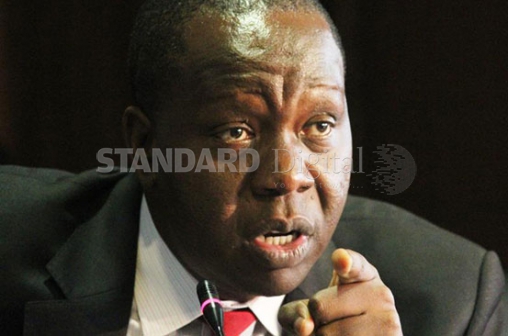×
The Standard e-Paper
Stay Informed, Even Offline

NAIROBI: A row is brewing between the government and book suppliers, just a week to schools re-opening.
It has emerged that book deliveries may not be made to schools this term as the Ministry of Education accuses booksellers of colluding with school heads to siphon billions of shillings.